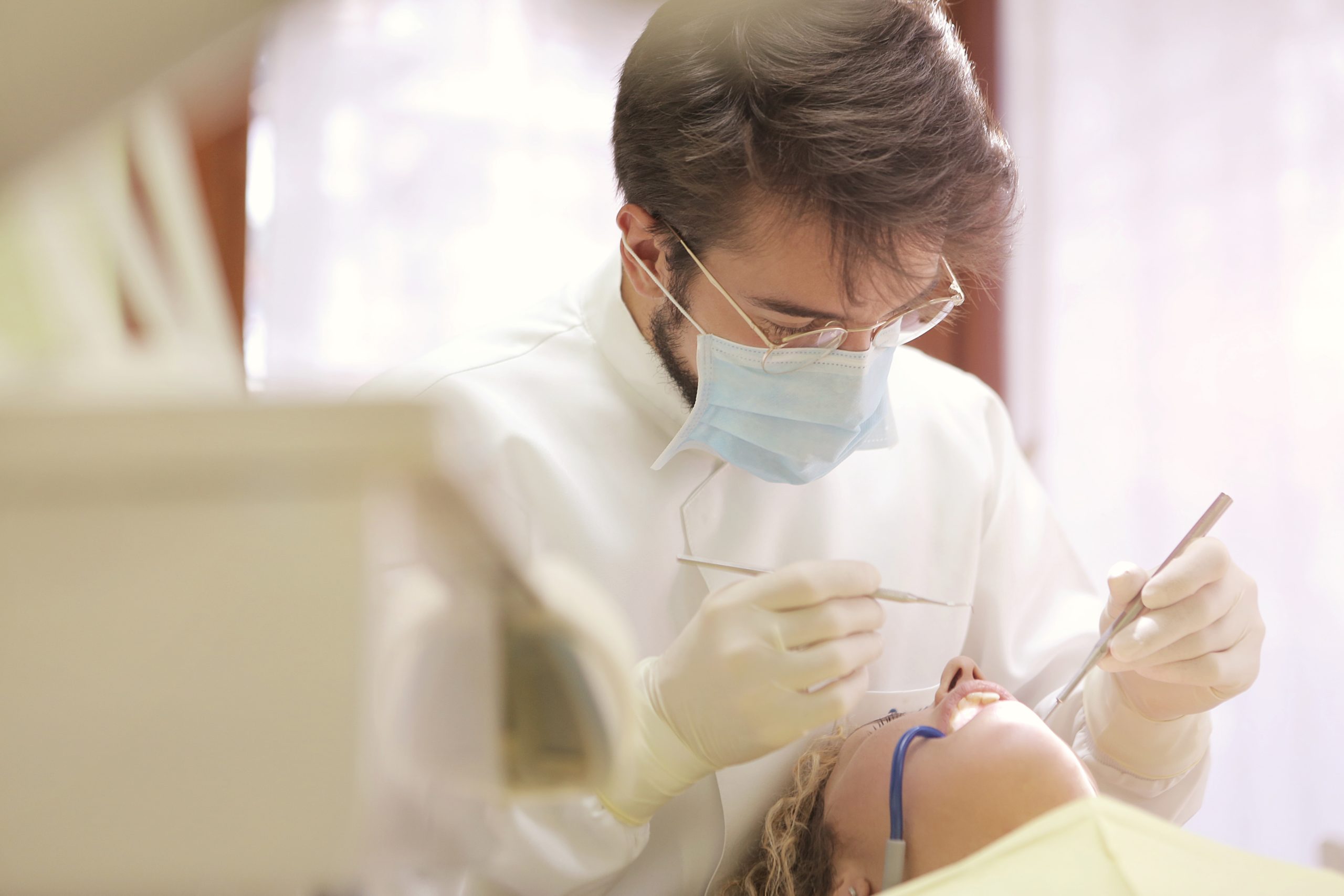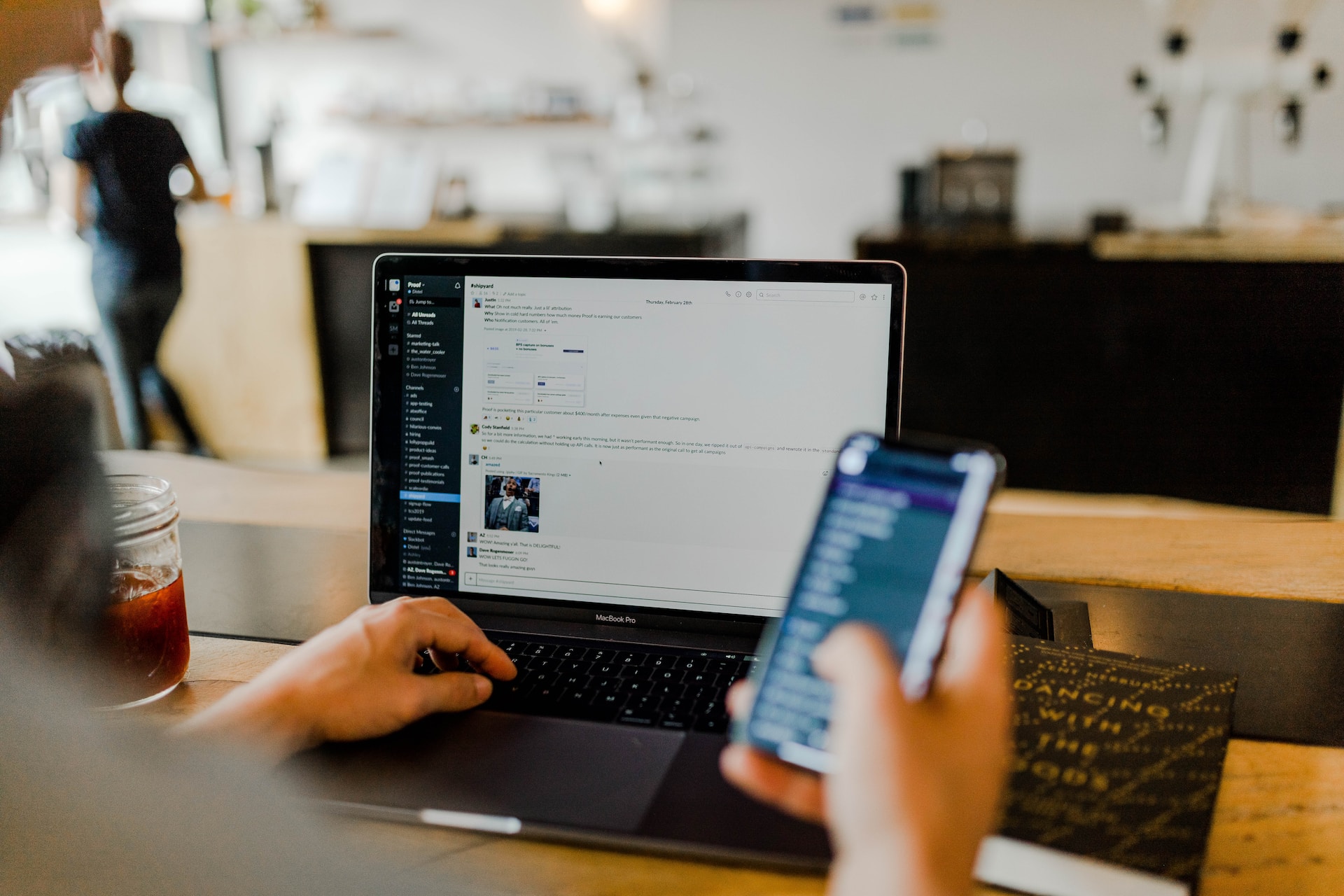The CDC has put out a warning to dental professionals since their practice may put them at a higher risk of contracting the potentially deadly virus. With tens of thousands already dead, the pandemic shows no signs of slowing, and dentists are warned to be careful. In a public release, the Centers for Disease Control (CDC) has urged dentists to defer “elective procedures, surgeries, and non-urgent dental visits,” until the situation improves. While this is a smart move to reduce the infection rates among the general populace, the CDC has left the determination for what constitutes “emergency procedures” to the dentists.
Extremely High Risk
The CDC categorizes dental professionals as “extremely high risk” individuals due to how easy it is to encourage droplet-based spread within their practice. Even standard tools such as air-water syringes can help to spread the disease. While dentists utilize recommended PPE, such as face shields and gowns, the viability of these cautionary measures may not be good enough to defend against the virus. As time goes by, dentists may have to resort to even more extreme measures to ensure the safety of themselves and their staff.
No Real Definition
One of the things that the average patient will quickly realize is that there’s no standard definition for an emergency dental visit. Since many dentists rely on patients to provide information regarding their condition, there’s no quantitative measure that can be used to determine how severe a problem has to be to make it an emergency. Most of the issues that patients encounter can be dealt with using over-the-counter medications such as painkillers. As long as the procedure can be postponed until after the crisis, then it should be.
Taking Necessary Precautions
Dentist offices such as Drescher & Cohen DDS are encouraging their patients who come in for procedures to follow social distancing protocol. Waiting rooms only allow a certain amount of people in, with the rest asked to wait in their cars until reception lets them know that they’re wanted. If clients have what they consider to be an emergency, dentists encourage them to call first and verify before merely dropping into the office. Both dentists and assistants double up on surgical masks, but even these precautions may not be enough. Only time will tell whether these dentists will be able to avoid catching the dreaded disease.




